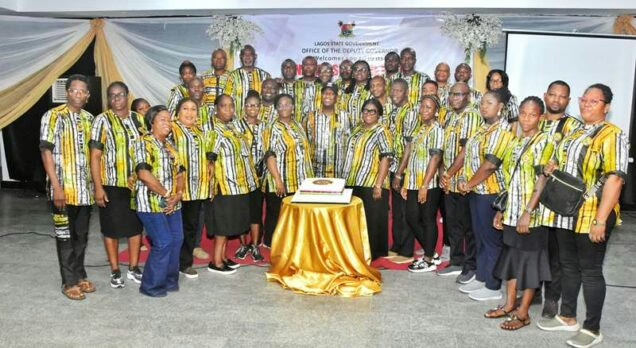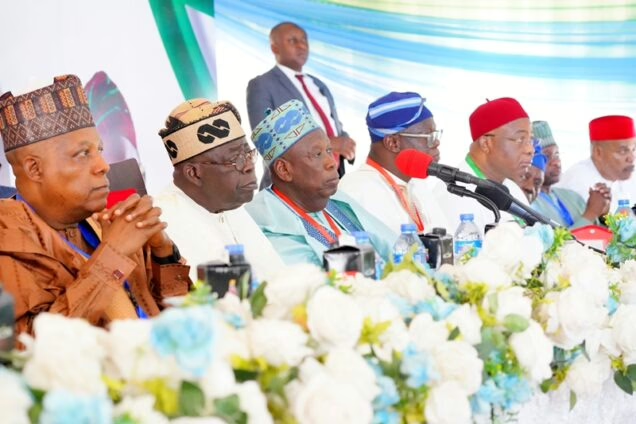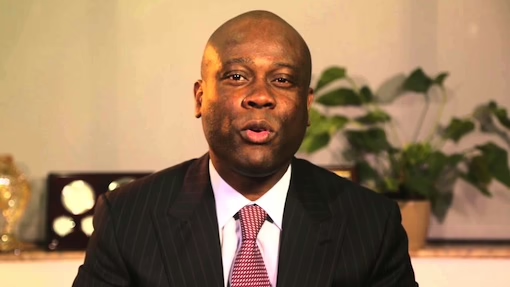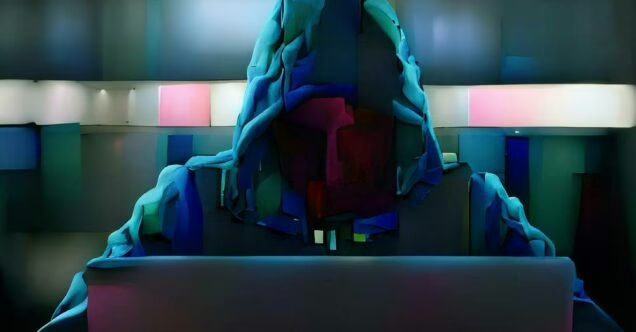India’s top court on Friday ordered a jailed opponent of Prime Minister Narendra Modi to be released on bail, allowing him to campaign in an ongoing national election.
Arvind Kejriwal, chief minister of the capital Delhi and a key leader in an opposition alliance formed to compete against Modi in the polls, was detained in March over a long-running corruption probe.
He is among several leaders of the bloc under criminal investigation, with one of his colleagues describing his arrest the month before the election as a “political conspiracy” orchestrated by the ruling Bharatiya Janata Party (BJP).
Supreme Court Justices Sanjiv Khanna and Dipankar Datta said Kejriwal could leave custody until June 1, the last day of voting in the six-week election.
Kejriwal’s government was accused of corruption when it implemented a policy to liberalise the sale of liquor in 2021 and give up a lucrative government stake in the sector.
The policy was withdrawn the following year, but the resulting probe into the alleged corrupt allocation of licences has since seen the jailing of two top Kejriwal allies.
Rallies in support of Kejriwal, who has consistently denied wrongdoing, were held in numerous other big cities around India after his arrest.
Kejriwal, 55, has been chief minister for nearly a decade and first came to office as a staunch anti-corruption crusader.
He had resisted multiple summons from the Enforcement Directorate, India’s financial crimes agency, to be interrogated as part of the probe.
– ‘Target political opponents’ –
Modi’s political opponents and international rights groups have long sounded the alarm on India’s shrinking democratic space.
US think-tank Freedom House said this year that the BJP had “increasingly used government institutions to target political opponents”.
Rahul Gandhi, the most prominent member of the opposition Congress party and scion of a dynasty that dominated Indian politics for decades, was convicted of criminal libel last year after a complaint by a member of Modi’s party.
His two-year prison sentence saw him disqualified from parliament for a time until the verdict was suspended by a higher court, but raised further concerns over democratic norms in the world’s most populous country.
Kejriwal and Gandhi are both members of an opposition alliance composed of more than two dozen parties that is jointly contesting India’s election.











